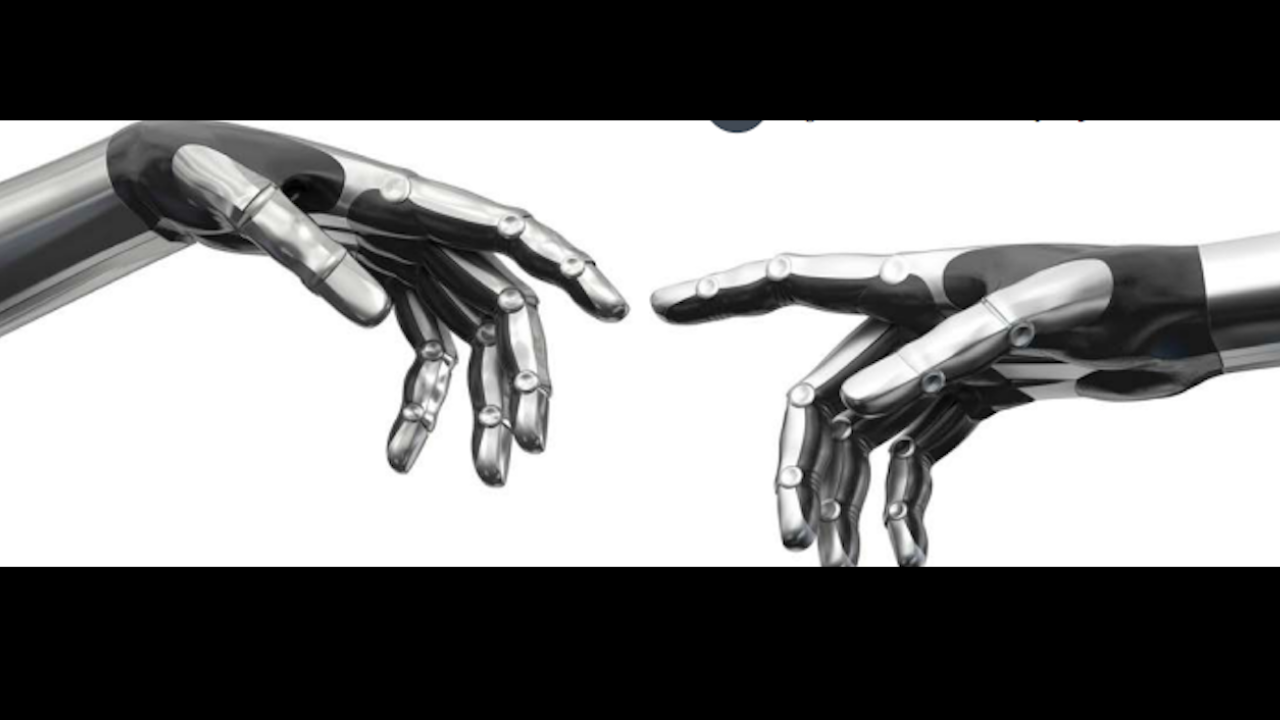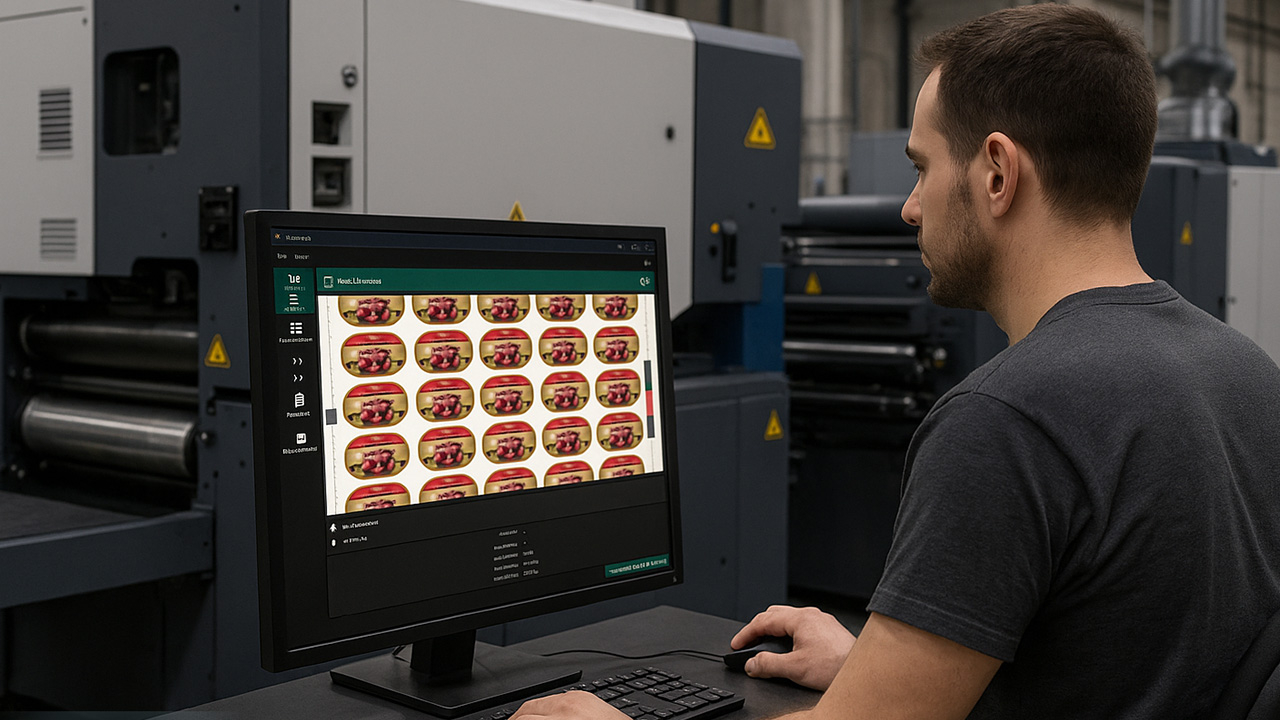The Mike Fairley column - A moral responsibility

Even Oxford University researchers are claiming that robots have already stolen more than 66,000 jobs in Britain alone. Separate studies have further predicted that large numbers of workers will be replaced by robots and machine automation. So, how will the label industry fare in the automated world of tomorrow?
The past few years have already shown that both machine and business automation is already having an increasing impact on many key areas of label production – lead times, quality control, efficiency, employee communications, output speed, performance, customer liaison and satisfaction.
Almost every week there are announcements by leading conventional and digital press manufactures, pre-press and systems suppliers, finishing and converting equipment producers, inks and ink curing companies, etc., indicating that almost anything that can be automated is being automated. Software advances mean that more and more label related machines are able to communicate with each other, and through computers, laptops, tablets or mobile phones to humans operating or managing such equipment and systems.
Add in all the label MIS advances taking place that in turn now communicate and interact with both machines and humans to more efficiently manage a business, analyze job and performance data, provide management tools, automate planning, job ordering, estimating, financial management and much more, and the industry is increasingly recognizing that the progress of automation to date has almost always been positive.
Labelexpo Americas this year will certainly see label industry automation taken to new levels, both on exhibitor booths and in conference and master class sessions, as well as in the Automation Arena feature area – this time additionally adding in the introduction of automated shrink sleeve slitting, forming, sealing and inspection. A world first.
What the label industry has yet to see (if it happens at all) is any degree of job losses due to automation. If anything the label industry has had to create new jobs for computer experts, software designers and engineers and IT experts, that can develop, build and maintain the new automated machinery and business plants for the future.
Concern
If there is to be any job displacement, the key challenge for the industry – even moral responsibility – will be to find them something meaningful to do. How far will label companies need to go to continually update or replace employee job skills?
The concern of many label companies at the moment is that our current education, training and business systems are no longer really fit for purpose and are not keeping up with the industry’s rapidly changing current and future automated and artificial intelligence demands. If we don’t evolve, then some employees may get left behind.
While the Label Academy’s series of educational books is already looking at MIS and Automation, Shrink Sleeving, Digital technologies, and more, there is undoubtedly still much more to be done.
Outside of automation, the industry has yet to see much impact from robotics. Indeed, will it see much impact at all? With heavy lifting and moving (large size reels on wide web presses, for example) and constantly repetitive jobs in an industrial setting, it is suggested that robotics may be able to take over an increasing share of the workload.
However, research by management consultant McKinsey and Company suggests that fewer than 5 percent of occupations can be entirely automated by existing technology, largely because the jobs are too varied and changeable for robots to take them over. That sounds much like the label industry.
Yes, label machines will continue to get more automated; they will do more and more repetitive things; the way they are operated and managed will change significantly – but they will still largely require humans to work them. What is needed however, is new and better ways of educating, training and retraining the industry’s employees for an automated and more intelligent label industry future.
This Opinion was first published in Labels & Labeling issue 3, 2018.
Stay up to date
Subscribe to the free Label News newsletter and receive the latest content every week. We'll never share your email address.


